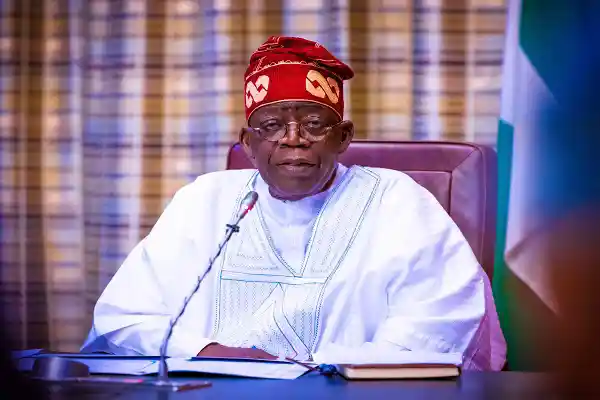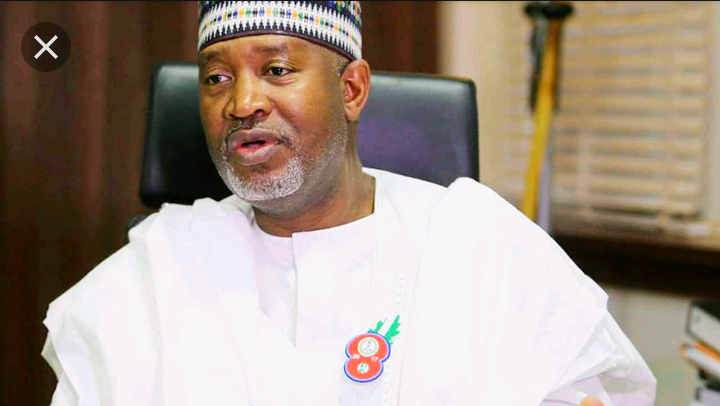LCCI Calls for Urgent Review of Nigerian Workers’ Minimum Wage Amidst Economic Challenges.
Lagos, Nigeria – The Lagos Chamber of Commerce and Industry (LCCI) has raised concerns over the current minimum wage for Nigerian workers, which stands at $30 for 30 days, describing it as extremely inadequate. In its Independence Day message, the chamber called for an immediate upward revision of the wage structure.
Read Also NLC and TUC Meet Over Provisional Pay Offer For Workers Today
The LCCI’s assessment of the past 63 years revealed that the Nigerian economy had underperformed, leading to significant implications for the well-being of citizens and a growing sense of uncertainty. The nation is grappling with a range of daunting economic challenges, including high inflation, a weakening currency, dwindling reserves, reduced household purchasing power, mounting debt, surging unemployment, widening income disparities, and elevated poverty levels.
Despite these formidable challenges, the LCCI commended Nigerians for their resilience in promoting democracy and positioning the country as a source of pride in Africa since 1999. Nigeria’s unwavering support for democracy has earned it considerable goodwill, solidifying its status as one of the few stable democracies on the continent.
Read Also 20 Confirmed Dead in Delta Tanker Explosion
Asiwaju Michael Olawale-Cole, the President of LCCI, acknowledged that the current administration had implemented far-reaching policy reforms, including the removal of fuel subsidies, exchange rate harmonization, and tax reforms, in an effort to reshape the country’s growth trajectory. He stressed the importance of maintaining market-friendly policies and fostering macroeconomic stability to achieve optimal growth and enhance the well-being of citizens.
List of minimum wage in African countries in Dollars
The LCCI also recognized that these reforms had impacted vulnerable workers and low-income earners, prompting a call for the urgent review of the wage structure. Olawale-Cole emphasized that with a high inflation rate, volatile exchange rates, low GDP growth, weak infrastructure, and security concerns, it was imperative for the federal government to address these macroeconomic issues and security challenges.
Read Also Ilebaye BBNaija winner Biography and 12 things to know
Regarding the business environment, the LCCI President highlighted several pressing issues, including poor power supply, which has steadily declined since Independence. He advocated for a shift toward renewable energy and decentralizing the national power grid to mitigate this issue.
Furthermore, Olawale-Cole emphasized the worsening security situation, which has deterred investment inflows and negatively impacted Nigeria’s global image among the investment community. Addressing infrastructure challenges, he noted that significant and sustained investment of approximately $14.2 billion annually over the next decade, equivalent to about 12 percent of GDP, was required to tackle these issues effectively.






